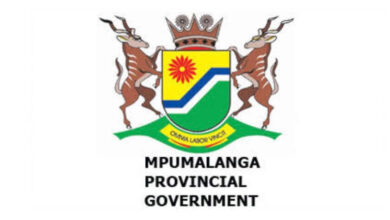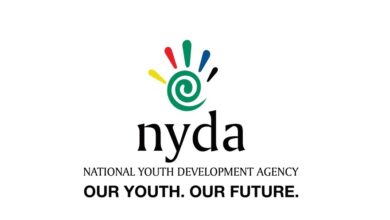Edmund Rice Network Southern African Region Interview
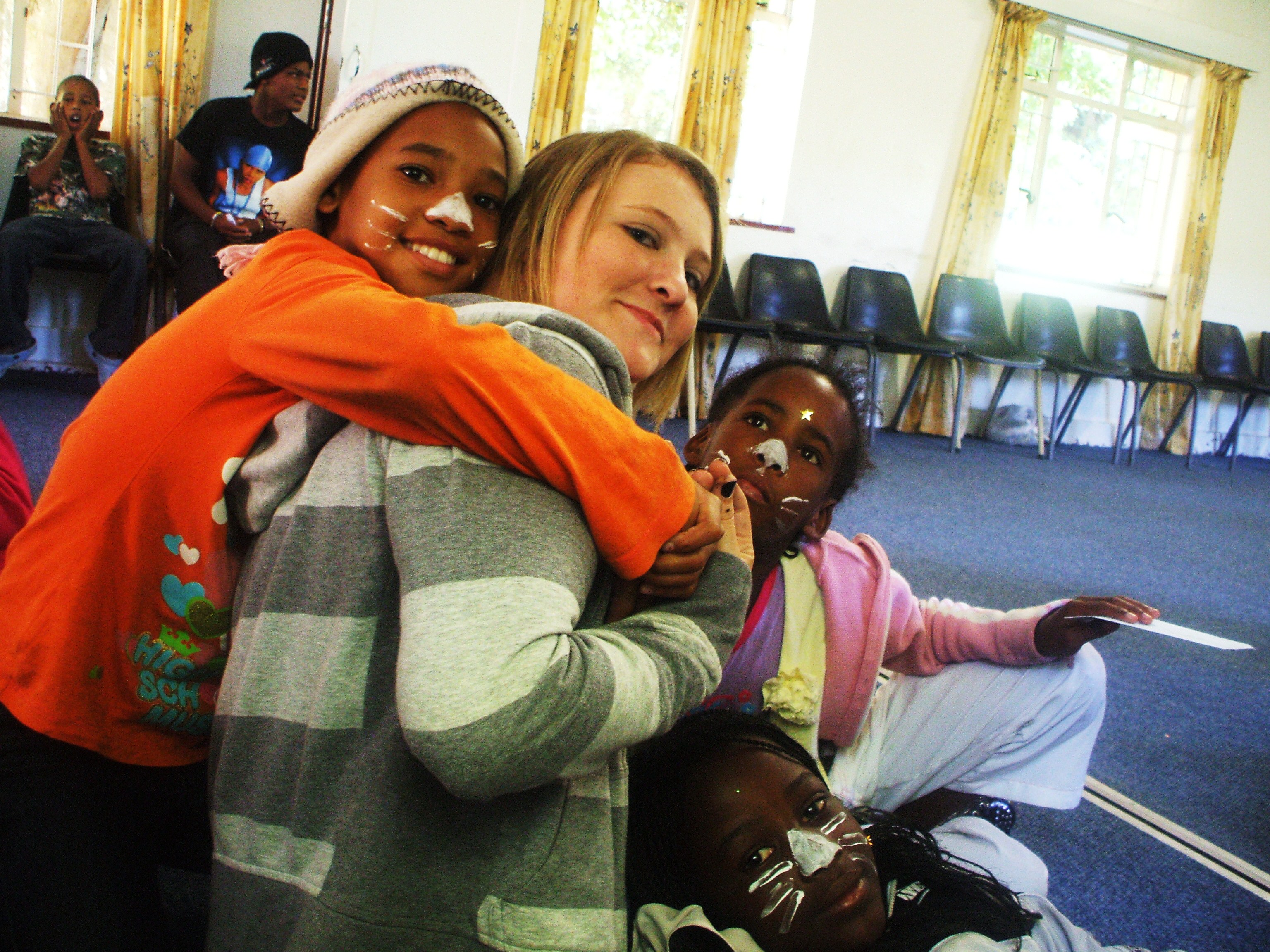
The ERN is a worldwide network of people who have been touched by the spirit of Edmund Rice and want to connect with each other and nurture Edmund’s dream for a more just, compassionate and equitable world. They have a number of ERN groups in SA. Some are comprised of older folk, some cater to the needs of university students while others are made up of Edmund Rice Society school-leavers. Some of the groups have a strong spiritual growth focus while others are more committed to works of social justice.
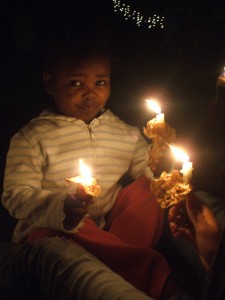 What is ERNSA (Edmund Rice Network Southern African Region)?
What is ERNSA (Edmund Rice Network Southern African Region)?
The Edmund Rice Network is part of a larger global network of individuals who have been inspired by a vision of making the world a better place for all. In Southern Africa, our network includes young adults, university students, scholars, volunteers and teachers within the Edmund Rice schools.
Who is Edmund Rice?
Edmund Rice was an Irish philanthropist who lived in the nineteenth century. He responded to the dire needs of his time by establishing schools and skills centres for vulnerable youth. He believed in the empowerment of youth through education. In time, he went on to found a religious congregation who have subsequently moved across the globe and who continue to work in education and social development.
How did ERNSA come about?
For some years now, there has been a groundswell of young people who have been collaborating and synergizing with each other. They have been chatting and sharing ideas and looking at ways to respond to our local needs. Through on-going dialogue, the group began to articulate a vision based on four commitments:
– To live simply ( to stand against the tide of consumerism)
– To deepen our spirituality in an inclusive manner
– To commit to volunteerism
– To engage in social justice and advocacy
What makes ERNSA unique to other NGO’s?
All NGO’s strive to make the world a better place and all do noble work. Our organisation, however, is rather distinctive in that it is rooted in a spiritual paradigm. We draw from the teachings of the great spiritual thinkers, particularly that of Jesus Christ, and believe that the ‘inner-life’ has to be in harmony with the ‘outer-life’. We believe that volunteerism is not enough. We need to engage in on-going critical reflection of society and address injustice through advocacy campaigns and programmes.
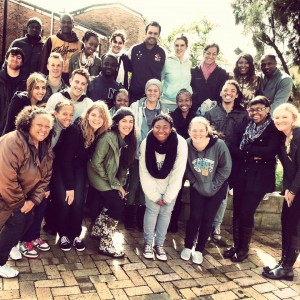 Tell us about the programs that you are running?
Tell us about the programs that you are running?
Currently, we run a number of skills development programs for vulnerable or unemployed youth eg. Office Management,Report-writing, Mentoring and Coaching, Facilitation Skills, Project Management. Our university students serve as tutors to the Skills Course leaners. Our Network volunteers run a community development project at a shelter in Khayelitsha every second Saturday. In addition to these volunteer programs, we also run a series of social justice and advocacy workshops as well as spiritual retreats.
Do you run different programs from Edmund Rice International? If so tell us more about that
A number of our programs are guided by the work of Edmund Rice International in Geneva eg. the advocacy campaigns and social justice courses. But our skills programs as well as our workshops and retreats are tailor-made to respond to our distinctive needs in Southern Africa.
How does the Organization monitor what percentage of its financial resources reach the ground?
Currently, we run purely on the goodwill and resources of our volunteers. We have built collaborative relationships with a large number of ‘like-minded’ organisations and we generally pool our resources. We have secured sponsorship for many of our courses but all our facilitators conduct the work on a pro-bona basis. On occasion, when we receive donations, we provide a careful financial break-down to the donor. We report to our mother organisation (the Christian Brothers’ Association, who have been in existence for over 100 years) on a monthly, quarterly and annual basis.
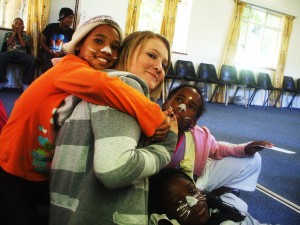 How do you ensure that your programs are done successfully?
How do you ensure that your programs are done successfully?
We rely on the dedication and commitment of our volunteers and thus far, we have not been let down. We have a highly professional group of networkers with an abundance of skill, talent and expertise. Our project manager is a highly qualified educationalist and conducts all our monitoring and evaluation and holds us to account.
How has the Organization changed over the last 5 years?
Our network is constantly evolving, as we try to respond to the needs of the time. The two most obvious changes have been: A general departure from main-stream education to the empowerment of those on the margins and a move towards a more universal and inclusive spirituality.
How can one get involve with the Organization? We would welcome any interest and would be delighted to hear from you. Website: ernsa.org Twitter: @ERNSouthAfrica Facebook: https://www.facebook.com/EdmundRiceNetworkSA Alternatively you may contact Jessica Dewhurst, our Youth coordinator ([email protected] or 0727877710) or EvonaRebelo, our Network Coordinator ([email protected] or 083 222 1048) 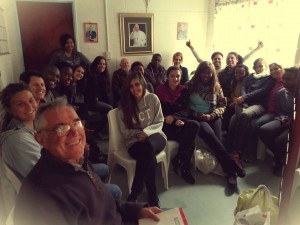
Does ERNSA (Edmund Rice Network Southern African Region) work hand in hand with ERI (Edmund Rice International)? Tell us about the relationship the two have? ERI is one arm of the global Edmund Rice Network. A number of our networkers have been trained in social justice and advocacy in Geneva as well as other Pan-African forums. ERI involves us in the universal periodic review of human rights as well as a number of other human and environmental rights campaigns.
What’s a purpose of fundraising? How many times do you raise funds a year? We have just begun to venture into this and have recently submitted fundraising proposals, via our mother organisation. To date, our global and regional affiliates have guided us in this field. We have, based on the strength of our projects, been able to secure sponsorship, in kind. Our aim is to keep our overheads as low as possible in order to advantage our beneficiaries as much as possible.
In this economical state times are hard, how do you ensure donors/sponsors that they’re money is benefitting or changing someone’s life? I believe our impact assessments speak for themselves. In terms of the Skills Programs, we are able to measure impact by the number of learners who: attend training, are accredited and are placed in internships/learnerships/work. In terms of our awareness programs, we are able to measure impact by the increasing number of people who get in touch with us, sign up for our volunteer programs and attend our workshops and retreats. We believe that we are playing an important role in facilitating a new awareness of being fully human – and while the original pebble might have been thrown into the pool some time ago, the ripples are spreading steadily and impacting positively on many lives.



